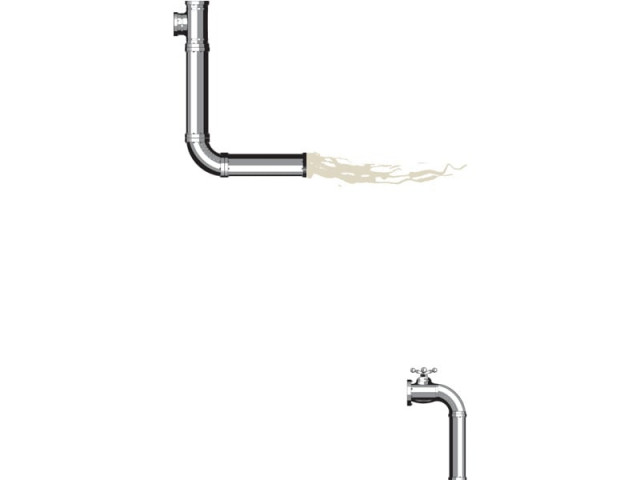Community organisation: The Great Cover-up
Streets and villages in Sanghar district have been slowly lining up to pay for their own underground sewage systems.

Community organisation: The Great Cover-up
One day Akhtar Ali Malik, who lives in Nabi Bux Malik village, visited Sinjhoro town to discover that a filthy street with stagnant, stinking sewage had been completely cleaned up.
“It was impossible for even a motorcyclist to cross that street but lo and behold, I saw a car parked there,” he said. He made some inquiries and was told that the people had themselves paid for a covered sewage line. An NGO, Rural Area Development Organisation (RADO), had helped them by using the Orangi Pilot Project model from Karachi. In this model, each house pitches in about Rs3,000 to help pay for a sewer line that is laid with the NGO’s technical help. The government is then held responsible for the larger box drain to connect to it.
Malik was so inspired that he went to RADO and told them to do the same thing in his village which had been neglected as the main political party had never approved these kinds of projects there. “It was better to make the drainage with [our] own money instead of relying on the government,” he said.
Now Nabi Bux Malik villagers have started clamouring for a covered drainage system. It is the same with the villagers of Rasool Bux Khaskheli. In fact, ten more villages have lined up with the same demand.
This work was actually started in Shahpur Chakar, a short distance from Sanghar, by the Sanghar Welfare Development Support Organisation (SWDSO). “It is a long-term programme and could yield good results if the government supports it and follows these projects at the secondary level,” said Sobho Khan, who heads SWDSO. Local communities can only afford what is called primary level sanitation - latrines and a sewer line from their house to the alley. “They can’t pay for the bigger infrastructure.” This is where the government is expected to meet them half way by connecting the alleys to the main disposal system.

“The outdated open sewer system leads to pollution, contaminates underground water and damages houses,” said Khan. “People spend most of their money reconstructing their houses because of the damage.”
SWDSO has completed sewers in 70 small streets in Shahpur Chakar town. A small street in Umerabad village, just three kilometers away, has followed suit. Another line was completed in Amanullah Daheri village about five kilometers from town. The news keeps spreading. In three streets of Daheri Mohalla over 100 houses have a cleaner neighbourhood as well. “There is no open drainage from our houses to the main road, which has changed our lifestyle,” explained resident Imdad Ali Daheri. “Our children play and the elderly can walk through without any fear of getting dirty like in the past.”
RADO, that works in Sinjhoro taulka, has provided technical assistance to 18 streets which were from 100 to 400 feet wide. “Initially, it was unacceptable [for people to pay] but it works great when implemented and others want it for their own areas,” said the organisation’s Muhammad Buksh. “Self help has brought some comfort to our lives.”
Published in The Express Tribune, December 3rd, 2012.



















COMMENTS
Comments are moderated and generally will be posted if they are on-topic and not abusive.
For more information, please see our Comments FAQ